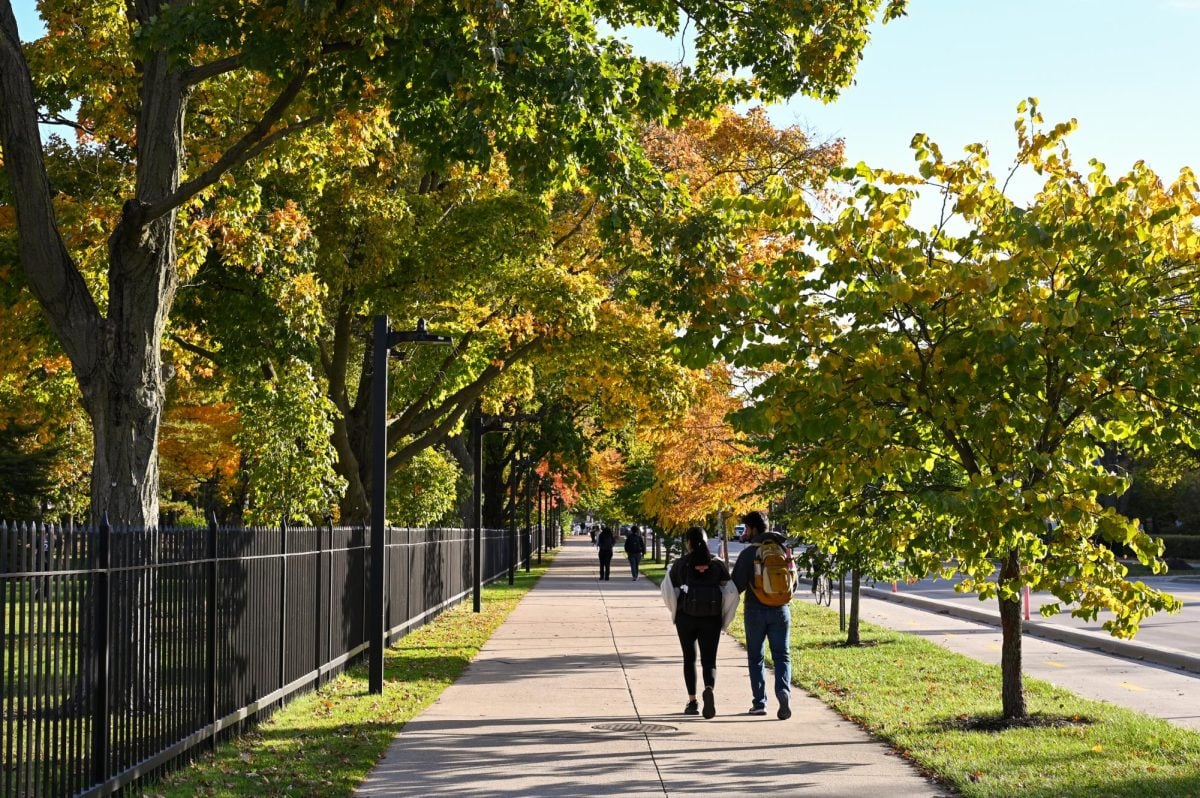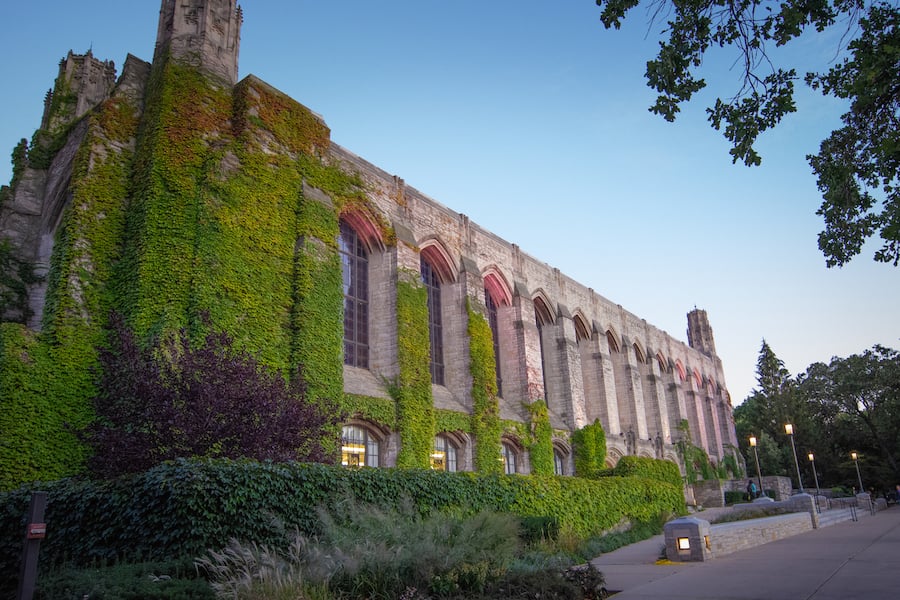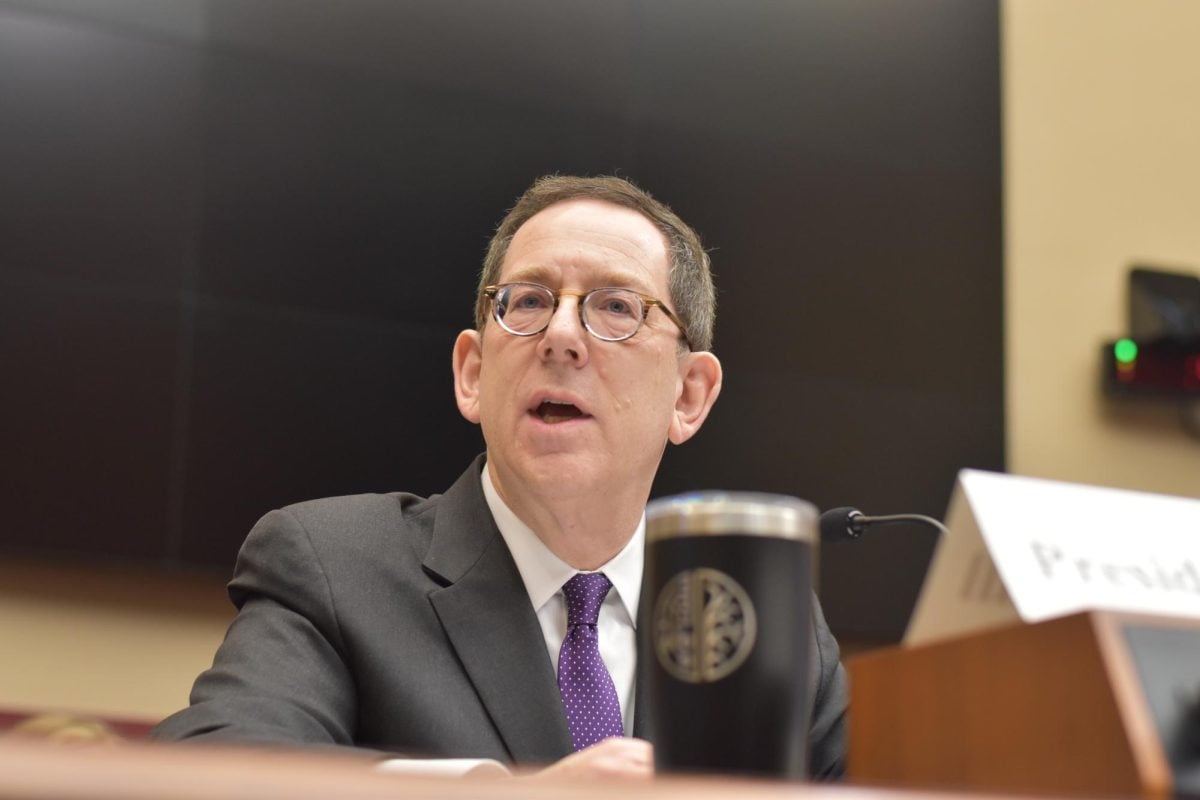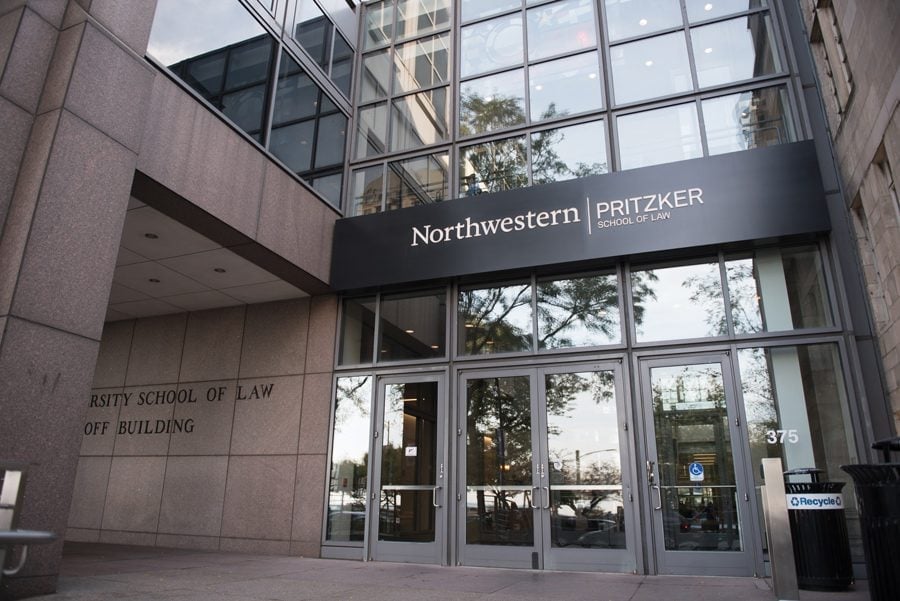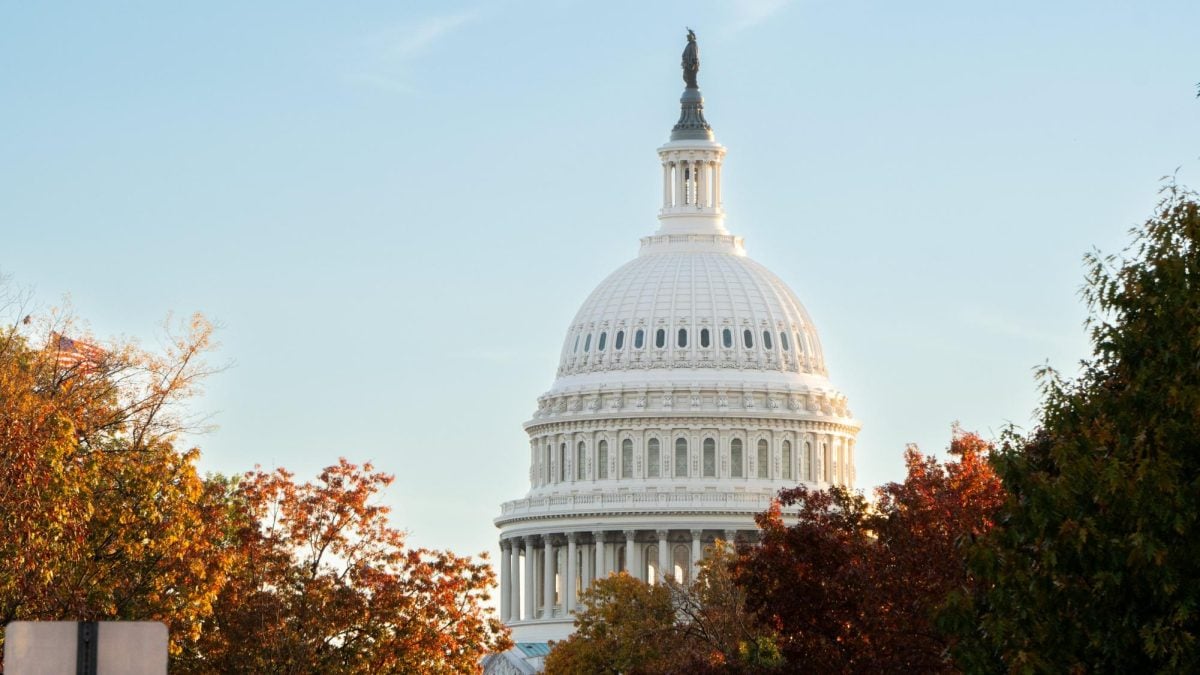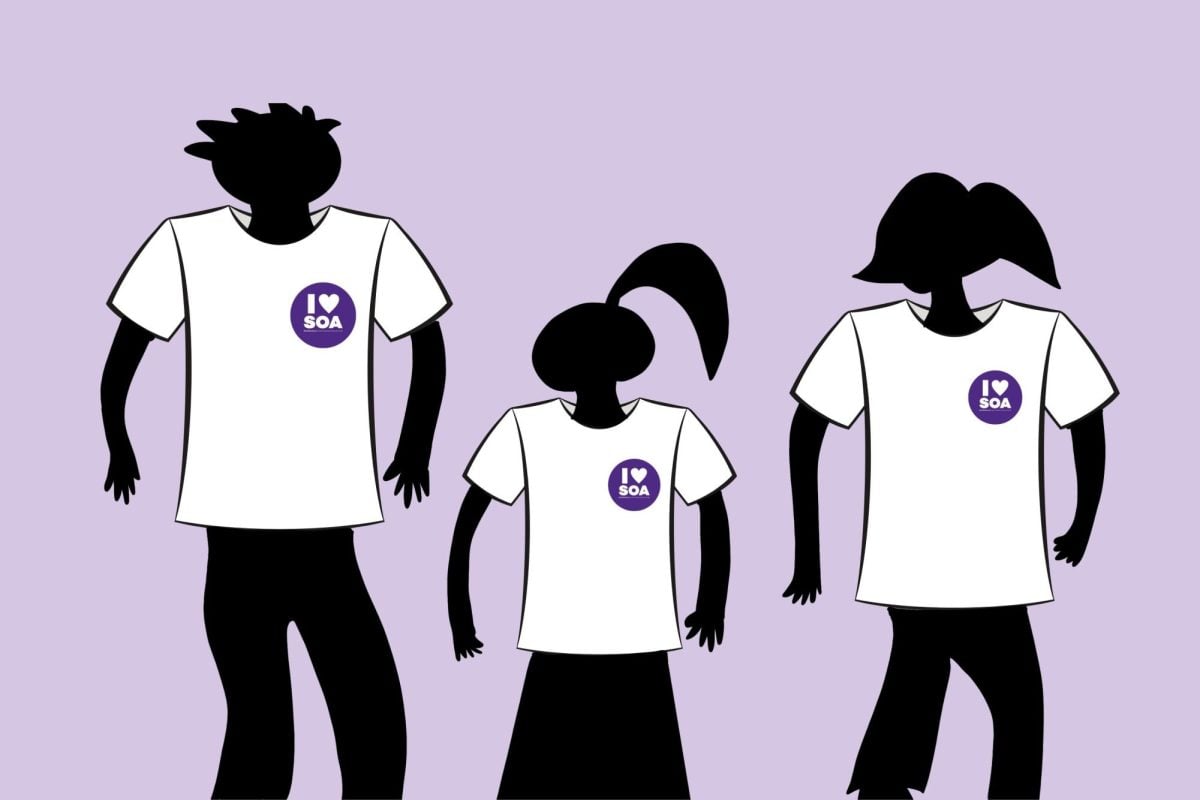After months of planning and assessing students’ needs, the Undergraduate Budget Priorities Committee presented its findings to the University’s Budget and Planning Group on Thursday in preparation for fiscal year 2014, noting an increase in demand for improvement of mental health resources and persistent concern with financial aid availability.
Just before the close of Fall Quarter, the UBPC sent out a survey to the undergraduate body, prompting students to voice their concerns and prioritize their requests for improvements on campus. The results were garnered from the responses of the 1,483 undergraduates who took the survey.
“The fact that there is a waiting list at Counseling and Psychological Services stalls people from approaching them,” said SESP junior Billy Choo, who took the survey. “We had two cases of grievances that we had to take care of as a whole community, and I somehow felt like the University cannot just say ‘Please, know that CAPS is available to talk to,’ when they’re really understaffed.”
Choo, who is also a member of NU Listens, a confidential peer listening service, felt the problem existed at the financial level of management.
“It’s not the fault of CAPS, it’s more the fault of the administration of not being able to fund enough of that,” he said.
UBPC chair Chase Eck said students were mostly concerned about easing the process of reaching CAPS’ resources or finding out about its other services for less urgent needs.
“It’s a holistic process,” the Weinberg junior said. “The answer is not just putting a ton of money into CAPS, but also asking, ‘How can we make our community more supportive?’”
While Eck said concerns about mental health have increased this year, those centering around availability of financial aid have always been prevalent.
“It has been an issue for a while,” he said. “However, it’s sort of hard to deal with that because the University has been putting a lot of funds into the area for the past four or five years already.”
The proposal process for potential improvements to campus started as early as last Spring Quarter, Eck said. The UBPC met with student leaders to brainstorm ideas for issues that need to be addressed and sent out a preliminary, open-ended survey question to assess the general needs of the student body.
With the topics narrowed down to about 28 different concerns, UBPC then asked undergraduates to prioritize those needs in terms of how important they are and how much they would spend on them. Finally, the committee presented a report of these findings to the Budget and Planning Group, who decides if and how to implement changes.
The committee doesn’t present all of the data, though, Eck said.
“Some things, we don’t propose merely because so and so has been spending an entire year and a half of their job on it and it’s about to roll out,” Eck said.
For Maggie Mantel, a Communication freshman, it was her problem with the dining halls that encouraged her to take the survey.
“They label every condiment except for the ambiguous white liquid-y goo,” she said. “It could be white chocolate for all I know.”
Eck said the UBPC’s job of garnering the student body’s concerns is done for now. He said it is not known if or when improvements relating to accessibility of CAPS resources, improved financial aid or other issues will be implemented by the University’s Budget and Planning Group.
Eck said part of the challenge is balancing the concerns of a smaller portion of the undergraduate population with those that impact a greater number of individuals.
“All these people who are running the University fundamentally really care about what undergraduates think and want,” he said. “They’re working extremely hard to make the college experience as best as it can be.”
